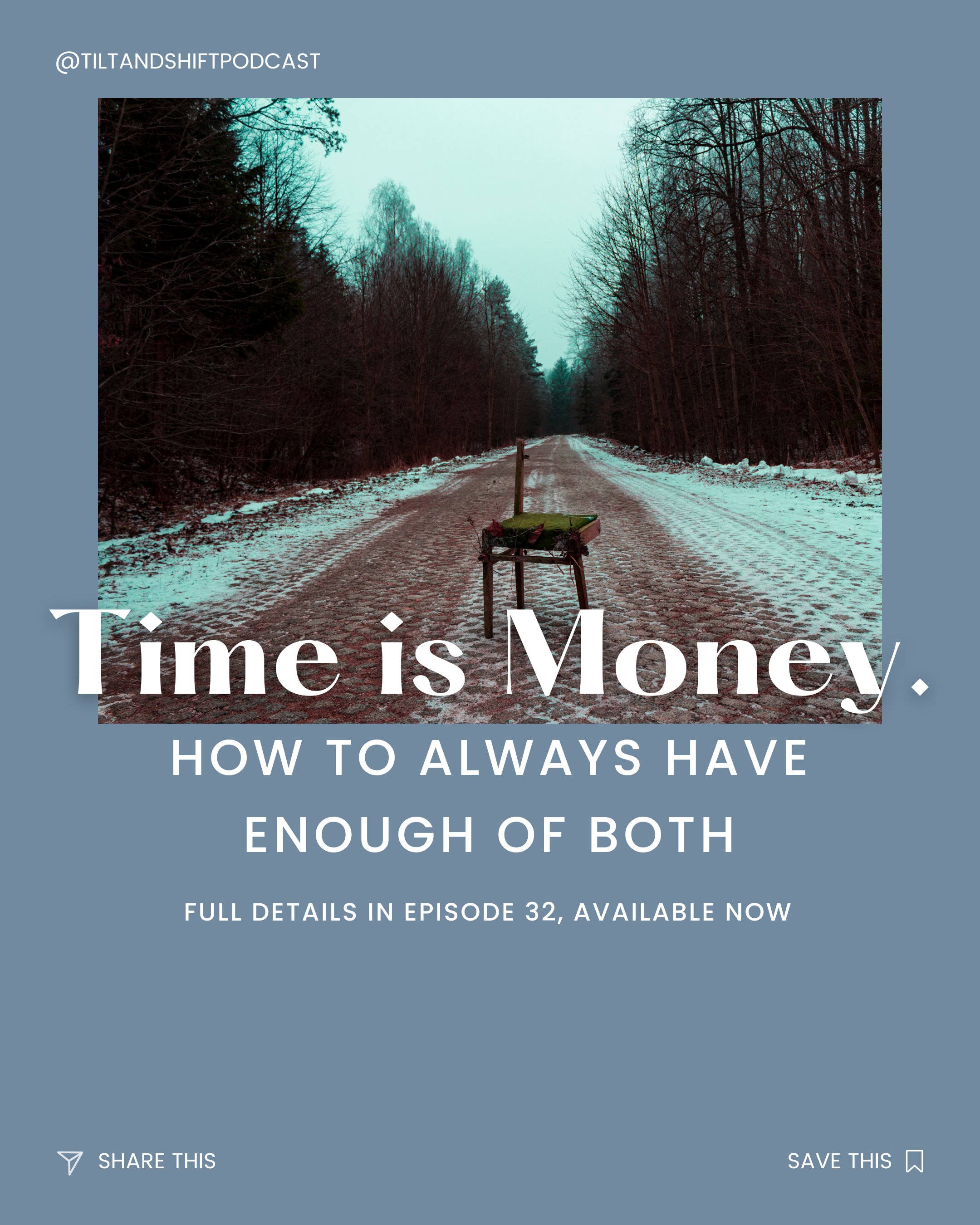Do you ever feel like you’re juggling a million things at once, especially during the busy wedding and family season? You’re not alone. Recently, I was chatting with some of my students about time management, and it struck me how easy it is to lose sight of why we’re doing what we’re doing.
Whether you’re just starting out or have been in the game for a while, it’s important that you stay grounded and remember your objectives. Not sure how to do that? Today’s exercise is designed to help you get clear on your goals because knowing what you want makes it so much easier to figure out how to get there!
Let’s Talk Money
Okay, let’s talk about money. It’s not a comfortable topic for everyone, but this is something you need to be honest about.
The objective here is simple: how much money do you want to make? Money is the currency of business, both literally and metaphorically. Again, it’s true that many of us have a hard time talking about money – it can feel uncomfortable, right? But let’s try to view money neutrally and see it as just a form of exchange.
As business people, we need to figure out how much of that exchange we want or need. Here’s what I coach my students to do: answer these two questions. First, how much money do you want to make? Don’t think about expenses yet. Society pushes us to consider expenses first, but I want you to flip that around. Just think of a number. It could be six figures or maybe something more modest. But it has to be what you WANT. Not what you think you deserve or what you’re capable of or what someone else told you. Honestly, how much money do you want?
Next, think about how much you want to work. How many clients do you want each month? Give this really intentional time to figure out. How much do you want to work in a year? Exactly how many clients would allow you to have a life you truly enjoy?
Answering these questions helps you figure out your pricing. For instance, if you want to make $100,000 and have 10 wedding clients, each wedding needs to be priced at $10,000. And this also gives you a rough hourly rate to work with: at 10 hours per wedding, your hourly rate is $1000/hr.
Once you understand exactly what you want, both in terms of money and time, you can make intentional choices about how and where to market. If you’re charging far less your goal, let’s reverse engineer it so that you can make it possible.
If you’re at $4000 per wedding and you want to be at $8000, what exactly do you need to do to get to that number?
The reason this works is because now we’re thinking about what’s possible. We’re not there yet, so how do we get there? What concrete steps do I need to take to get to that level? What’s a reasonable time frame to get there?
Allowing yourself to believe this gives your brain the chance to start problem solving toward that goal.
But if you never allow yourself to think about that goal, you will never get there, right?
So think about it. Put it in writing. Make it a reality that you want it, then determine the path to get there. Hint: hiring a coach is a great help when you have specific goals and you’re unsure what steps to take next.
Time Audit: Where Does Your Time Go?
Now that you’ve got your pricing sorted, let’s talk about your schedule. If you’re not charging what you need for the time you’re working, you’ll end up lost in a pit of endless work with no time to grow your business. This happens a lot when people are in hustle mode, taking on any job that comes their way.
Here’s a sanity-saving tip: do a time audit. For one week, track everything you do. Write it in your calendar – from travel time to decompression time after a shoot. Include your morning routines, the time you spend scrolling on your phone, everything. This way, you’ll see where your time actually goes.
Mindfulness and Intentionality
Being mindful of how you spend your time helps you make deliberate decisions. For example, if a two-hour shoot is taking you 24 hours in total with editing and travel, and you’re only charging $300, it’s time for a reality check.
Once you know where your time goes, you can decide where to delegate, where to charge more, and where to seek help. Maybe someone else can help with household duties, or maybe you need to adjust when and how often you check your phone.
Finding Guidance
If you’ve done your time audit and you’re still unsure where to go, find a mentor. Someone whose business and life you admire, someone you trust. Deep discussions with a mentor can be far more effective than any template or course.
The Bottom Line
So, a quick recap: Be mindful and intentional with your time. Ask yourself, “How much money do I want to make? How much do I want to work?” Then, look at how much time you’re actually spending on everything. Use this awareness to make conscious, deliberate decisions about your business and life.
By understanding where your time goes and aligning it with your financial and personal goals, you can create a more balanced and fulfilling business. Remember, it’s about making informed choices that support your desired lifestyle and work ethic. Stay focused on what truly matters to you, and the rest will follow.
CONNECT WITH BOBBI:
Follow:
Learn more about coaching and mentoring at bobbibeducation.com.

+ show Comments
- Hide Comments
add a comment